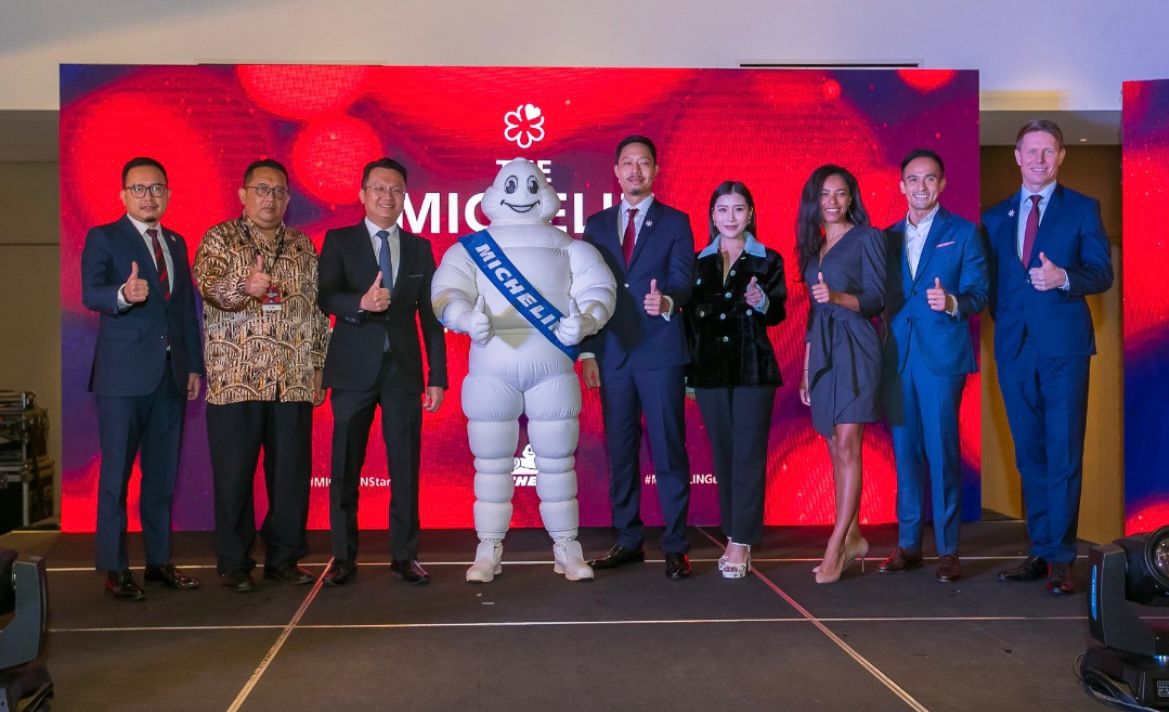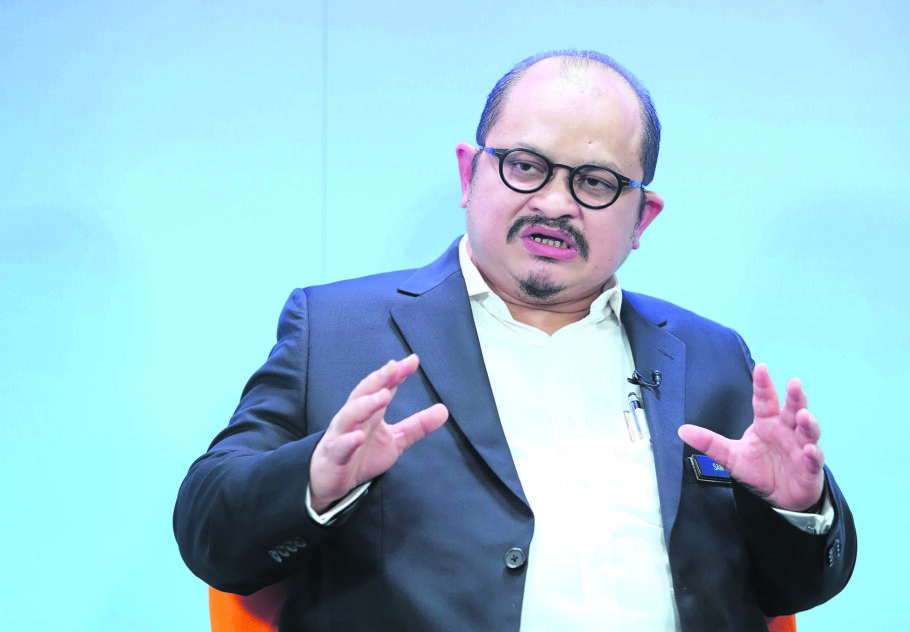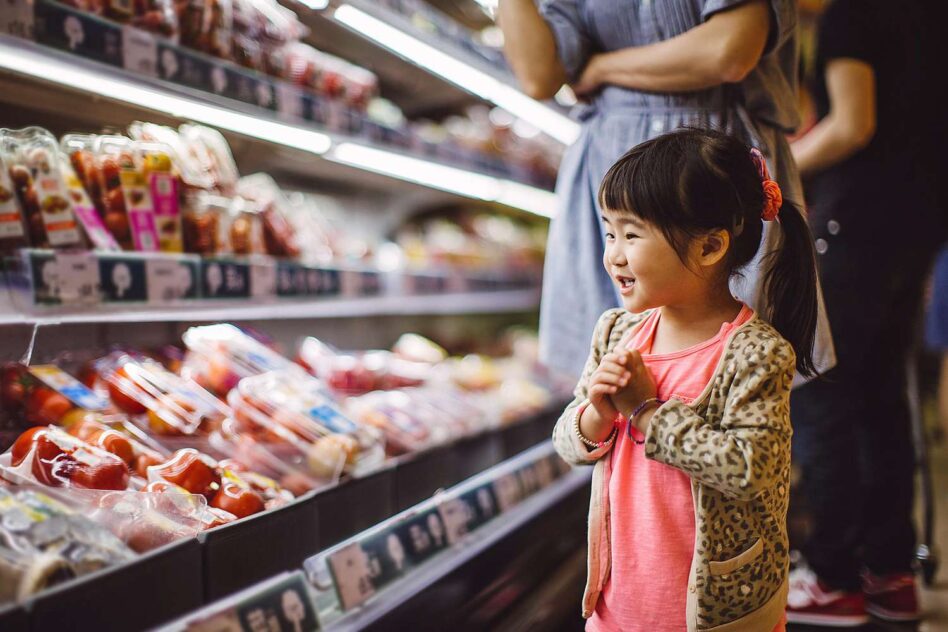IN a market peppered with magnified accolades and reviews, separating the genuine gold standard from the copious amounts of manufactured awards calls for authentic benchmark standards.
Therefore, news of the imminent arrival of the Michelin Guide to Malaysian shores has understandable gotten everyone – from food enthusiasts and chefs to F&B industry stakeholders and media folks – in a tizzy.
But the cat is finally out of the bag: The Michelin Guide will be unveiled in December 2022, as announced at the Malaysia International Trade and Exhibition Centre (MITEC) in October, covering two key culinary hubs in the country, namely Kuala Lumpur and Penang.
One thing’s for sure is that the undisputed benchmark standard of the Michelin Guide, backed by a trusted long-lasting legacy since the 1900s will herald in the ultimate, undisputed gold benchmark standard in its aim to globally accompany foodies and travellers on unforgettable journeys while enhancing their mobility experience.
Its anonymous independent inspectors on the field highlights the best restaurants in 40 destinations worldwide, with recommendations for all cuisines and budgets, just as consumers would experience them.
Additionally, talented professionals from chefs to restaurant teams, service teams and sommelier will also be spotlighted.
What’s in it for Malaysia?
With its entry into Malaysia, The Michelin Guide Kuala Lumpur & Penang will uncover the best culinary talents and the latest gastronomical experiences here without quotas or settled numbers or ratios of restaurants to be awarded.
Its independent inspection and selection criteria are from inspectors comprising former experts from the restaurant/hospitality industry.
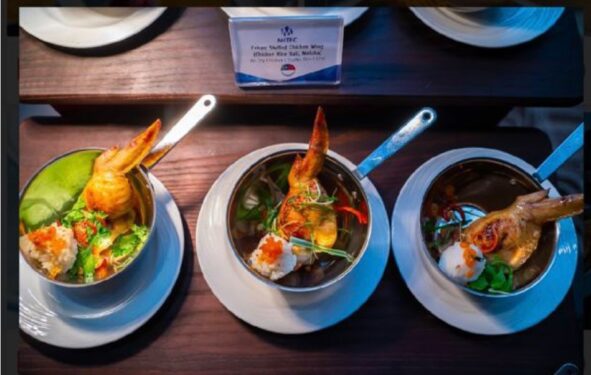
“The inspection team is happy to unveil a new page of the gastronomy world in Malaysia,” shared Michelin Guide International Director Gwendal Poullennec, adding that with this, Asia’s gastronomic prowess will be highlighted, while spotlighting Malaysian cuisine and the abundance of home-grown culinary talents.
This follows the Guide’s culture of promoting travel and conceiving unforgettable experiences accessible to all diners on all budgets with its independent restaurant inspectors and selection criteria which places it at the forefront of all restaurant guides.
Its inspectors credited Kuala Lumpur and Penang as “two cities that present very distinct yet vibrant culinary complexity” which reflects the uniqueness of Malaysia’s multi-ethnic culture benefitting diners locally and abroad.
“Kuala Lumpur, the country’s economic and business hub is a fast-moving city boasting cuisines with sizeable venues, independent restaurants, and exceptional new gastronomic inspirations,” Poullennec observed.
“Penang meanwhile presents more small-scale restaurants with its street food of strong Malaysian character. The inspector team also sees the growth of the young generation in the industry.”
Independent food reviews above all
Backed by an international presence, reviews are dependent on what its inspectors find and what they think is the best and most interesting places to recommend and share with everyone.
Selections are made according to the same criteria and methodology everywhere in the world.
Its inspectors assess the quality of restaurants based on unique methodology and five criteria namely; quality of the ingredients; mastery of cooking; harmony of the flavours; expression of the chef’s personality in the cuisine; and consistency, both over time and across the entire menu.
“This is what ensures that a Star in Tokyo shows the same promise of quality as a Star in New York or Berlin,” Poullennec elaborated.
The inspection team is not influenced by commercial partnerships or the region’s local cultural work scope but purely by the culinary dishes and dining experience, adhering to a rigid process entailing a series of training sessions both locally and abroad.
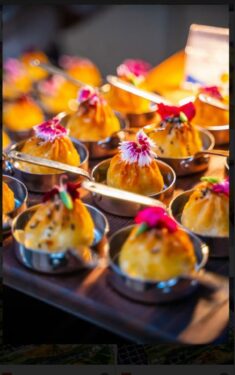
This is as the Michelin Guide’s intention is to continuously nurture the skills and talents of its inspection team globally while the rest of the details are trade secrets.
There will not be different criteria as inspectors possess expertise, curiosity and open-mindedness to experience various types of cuisine with the same passion and seriousness with their methodology focused on the palate.
Ultimately, what distinguishes it from the clutter of other food reviews lie with its inspection criteria and independent inspection process.
“Our inspectors are all employees of the Michelin Group. They are anonymous and pay for all their meals just like a consumer,” shared Michelin Malaysia, Singapore and Brunei managing director Prichapakorn Dangrojana @ Khun Book.
Michelin Experiences director of communications Elisabeth Boucher-Anselin added that “the seriousness of its methodology” is “completely unbiased and transparent”.
“We do not ask or get any special treatment when our inspectors do reviews, hence providing a review of the restaurant that is as true to the everyday consumers as possible, and all the decisions made by our inspection time are always collective,” she told FocusM.
The reason it has taken this long for it to arrive here is due to Michelin Guide needing to be certain as “arriving at a new destination is a long-term process.”
“It took us several years of research and groundwork. Although some time was lost due to COVID-19, we think the culinary scene in Malaysia is perfectly ready now,” she said of the maturity of the culinary scene here in facilitating a long-term approach for selection.
The pandemic witnessed chefs demonstrating unlimited creativity and skills while foodies were “ever ready to explore new culinary creations”.
Young people who were working abroad have also returned to their hometowns to share their food knowledge with people – a great plan considering the abundance of local ingredients such as plants, herbs, vegetables, poultries and seafood that are available here.
Additionally, passionate young people are also joining the industry upon their graduation from culinary school, eager to present the essence of contemporary cuisine and Malaysian culture.
COVID-19’s pandemic impact
COVID-19 affected The MICHELIN Guide no differently than the rest of the world as travel restrictions, safe distancing and hygiene measures were enforced.
Its inspectors, like anyone else, had to adapt but the flexibility of being international enabled them to be on the field every time it was possible.
The silver lining during the pandemic witnessed many local restaurants responding to the crisis with creativity.
In line with its philosophy of maintaining a “better lifestyle”, the Michelin Guide hopes to inspire the industry and be a motivation to restaurants’ efforts and breakthroughs during the pandemic.
Industry professionals also had to adapt to strict sanitary measures. Despite the prevailing challenges, the Michelin Guide team demonstrated creativity in creating new concepts like takeaway offers, deliveries and private dinners while focusing on local produce given the impossibility of food import and export, and finding ways to maintain connections with their esteemed guests. – Dec 7, 2022
Yvonne Yoong is Focus Malaysia’s contributing Property & Lifestyle Editor, seasoned in covering the property beat and other industries.
The views expressed are solely of the author and do not necessarily reflect those of Focus Malaysia.


